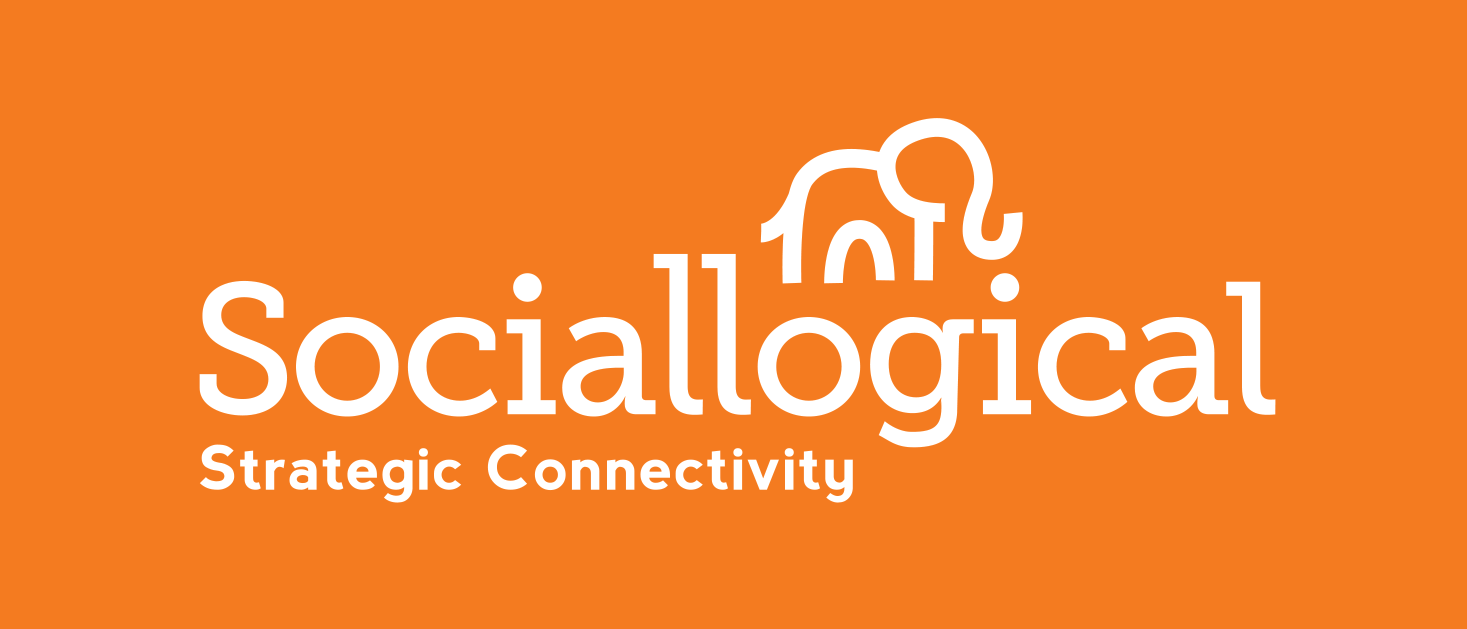 Ready or not, it’s time to join the conversation. Social media has become a crucial part of the way we communicate in everyday life and it’s presenting us with an ultimatum: we either grow with it, or apart from it. The fastest, most effective way to build customer relationships is by speaking to them in their language, on their platform. Engaging in social media has become essential to success (both personal and in the business community.) Allow me to elaborate.
Ready or not, it’s time to join the conversation. Social media has become a crucial part of the way we communicate in everyday life and it’s presenting us with an ultimatum: we either grow with it, or apart from it. The fastest, most effective way to build customer relationships is by speaking to them in their language, on their platform. Engaging in social media has become essential to success (both personal and in the business community.) Allow me to elaborate.
The Human Touch and Why it Works
Last month I got an interesting voicemail from Purolator. They regretted to inform me that they “didn’t have time” to deliver my package and offered an address for pickup. My gut reaction was to tweet about this, because quite frankly, I found it hilarious. I didn’t expect to get a personalized response from a representative within minutes, but I did, and it allowed me to regain trust, in a sense.
Simply being acknowledged as a consumer makes a huge difference. The beautiful thing about that interaction was that I hadn’t even tweeted directly to Purolator, but merely mentioned them. Without social media, there wouldn’t have been an exchange at all, and certainly not at such an incredible speed.
The Conversation Goes on, With or Without You
It’s a harsh (and beautiful) reality, but social media has given voices to communities and people alike like never before. Whether companies choose to engage with customers and adapt to social networks or not, there is endless peer-evaluation and collaboration happening, and it’s significant. Twitter allows us to synchronize entire communities of people talking about the same thing through hashtagging, and it’s all open to the public.
An article posted in the Journal of Advertising Research in late 2010 reinforces this notion. In “Marketing in a Hyper Social World: The Tribalization of Business Study and Characteristics of Successful Online Communities” authors Moran and Gossieaux state:
“The community now chats among itself, dissecting marketing messages, changing them, and retransmitting what it considers to be relevant … Interactions between the company and supporters and detractors alike are now visible to the entire community. Volunteers may be more important to buzzing about your products than people you pay and can control. This is all messy and requires new skills, policies, and processes on the part of marketers.”
Hyper-Sociality and the Resulting Power Shift
The authors of the above quoted journal describe this phenomenon as “hyper-sociality” and its main consequence is a huge inflation in the power of the ordinary citzen's voice. Linear marketing and traditional advertising will inevitably collapse under the greater power of social networking and the united online communities that have allowed common themes in customer issues to be heard. It's proven that people will listen and connect each other to the right sources. Controlling the message between marketers and consumers is a concept of the past.
Will Trivett is an engineer and business professional who engages in social media networking in his daily routine. He had a frustrating experience with Bell Mobility via Twitter, in which he got no response from the company to any of his concerns.
“I wished there were more options,” he said.
Doug Estey, a member of our team, shared in this experience with the same company. He spotted 800 days of inactivity on Bell’s twitter account shortly after joining.
“It’s infuriating,” he said, “You feel like you’re screaming at a brick wall.”
Trivett referred to this trend as “astroturfing.” According to an article on Wikipedia, this term was coined as a kind of metaphor for false advocacy – politicians or companies giving the illusion of a “grassroots” or community movement when in reality their motives don’t line up. The term comes from AstroTurf, a brand of fake grass.
So, to summarize: Being involved in the online conversation is crucial, but understanding how it works outweighs in its importance. Having a false or misleading presence is as good as being absent altogether. It may even be worse; especially when angry Bell customers get together and start tweeting. Haven't adopted a social business plan yet? There's never been a better time to get started.
